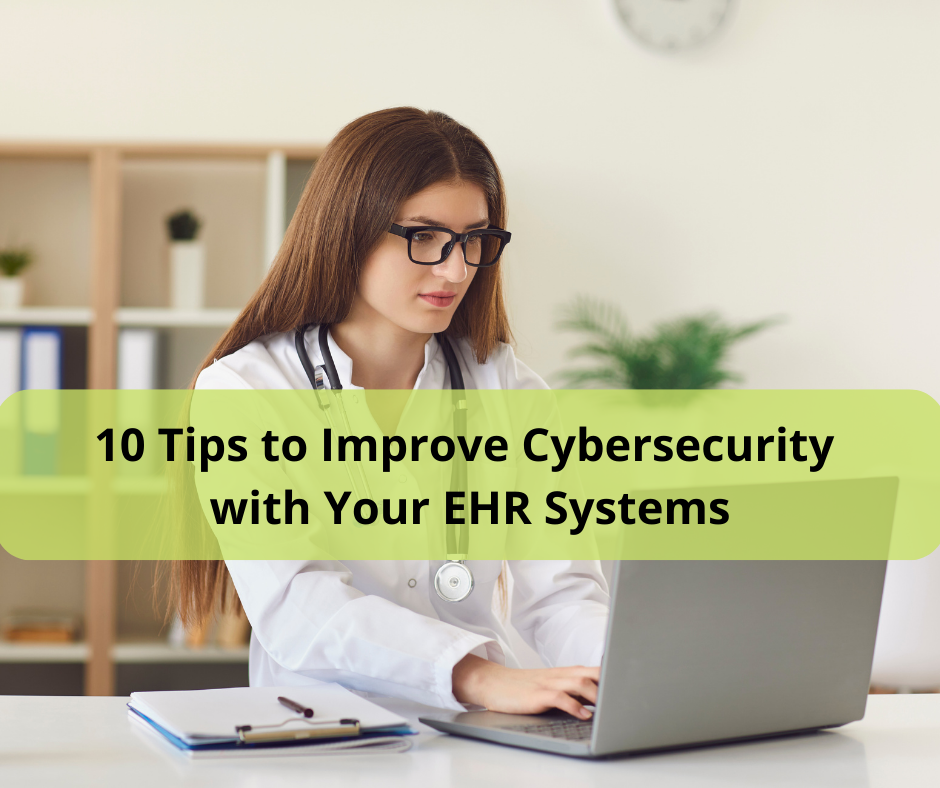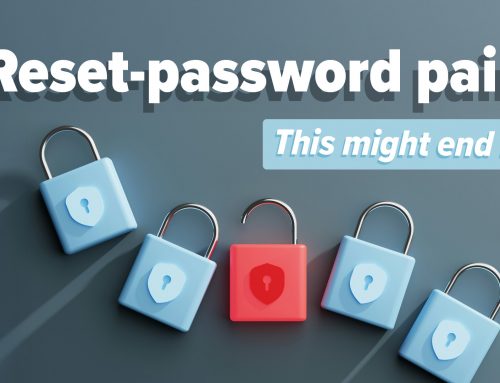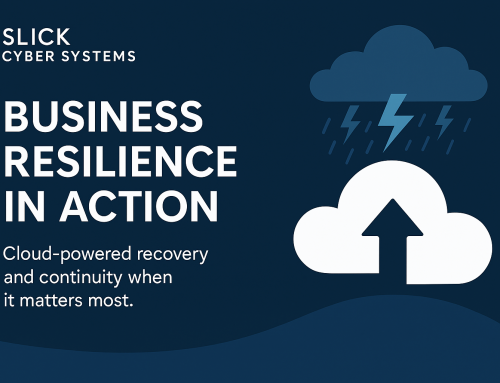Improving cybersecurity in Electronic Health Record (EHR) systems is crucial for protecting sensitive patient data. Here are ten essential tips to enhance your EHR security:
- Implement Strong Passwords: Ensure that all users create complex passwords, combining letters, numbers, and special characters, and update them regularly.
- Enable Multi-Factor Authentication (MFA): Adding an extra layer of security through MFA can significantly reduce the risk of unauthorized access.
- Regular Software Updates: Keep your EHR software up-to-date with the latest patches to protect against vulnerabilities.
- Encrypt Data: Both in transit and at rest, data encryption ensures that patient information is secure from unauthorized access.
- Conduct Regular Audits: Periodically review access logs and security protocols to identify potential security gaps.
- Train Staff on Cybersecurity: Educate all employees on best practices and how to recognize phishing attempts and other threats.
- Limit Access: Restrict access to sensitive data to only those who need it to perform their job functions.
- Backup Data Regularly: Maintain regular backups of your EHR data to protect against data loss from cyberattacks.
- Use Secure Networks: Ensure that all access to the EHR system is conducted over secure, encrypted networks.
- Develop an Incident Response Plan: Be prepared for potential breaches with a well-documented and practiced incident response plan.
By following these tips, healthcare organizations can significantly enhance the security of their EHR systems, protecting both patient data and the organization’s reputation.





